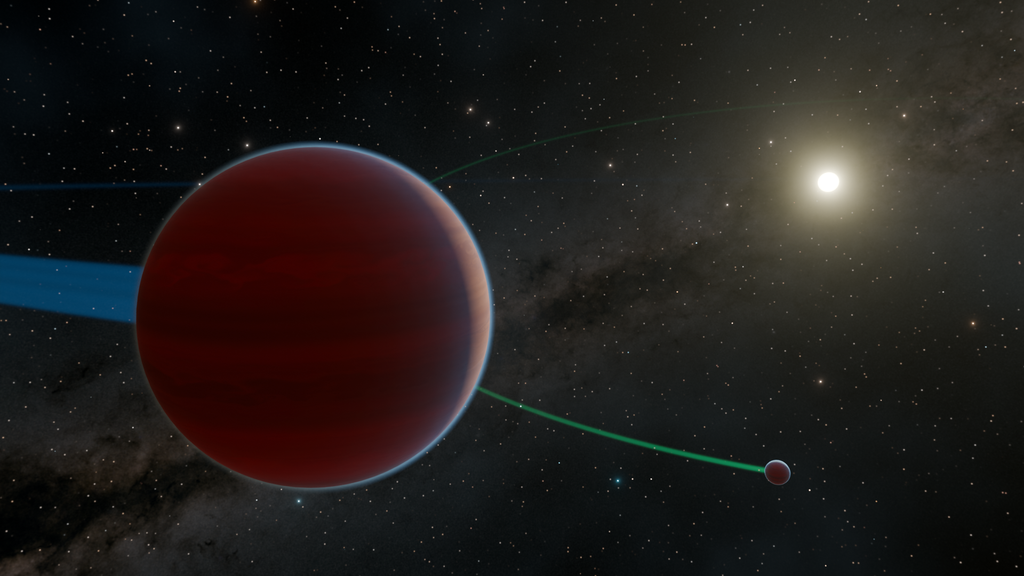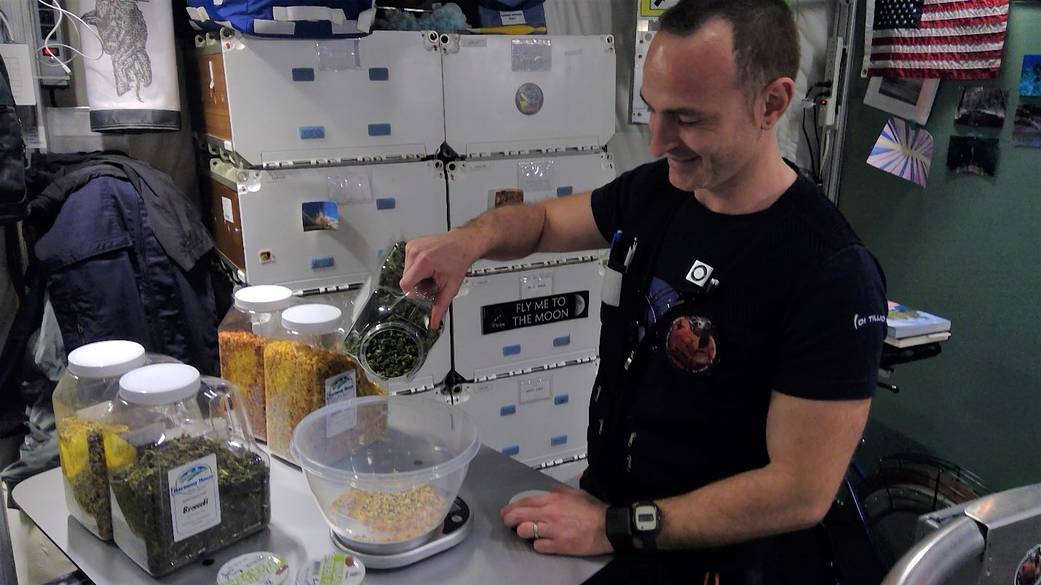Inside NASA’s Human Exploration Research Analog, or HERA, crew member Pietro Di Tillio mixes and weighs a hodgepodge of freeze-dried vegetables and herbs. He will then add water to rehydrate the food.
Measuring precise portions is key, as astronauts on future missions to Mars and beyond will be unable to phone home to restock food and other supplies. Instead, like HERA crew members do during their 45-day simulated mission to Mars, they’ll have to ration the food they bring with them. The distribution of HERA’s food supply is a low-stakes Earthbound test to determine how much food crew members need to stay healthy and productive, while ensuring food supplies stretch to the end of their mission.
Credit: NASA
____
NASA’s Human Research Program, or HRP, pursues the best methods and technologies to support safe, productive human space travel. Through science conducted in laboratories, ground-based analogs, and the International Space Station, HRP scrutinizes how spaceflight affects human bodies and behaviors. Such research drives HRP’s quest to innovate ways that keep astronauts healthy and mission-ready as space travel expands to the Moon, Mars, and beyond.
Nathan Cranford
Jennifer TurnerNASA Human Research Program Strategic Communications
























